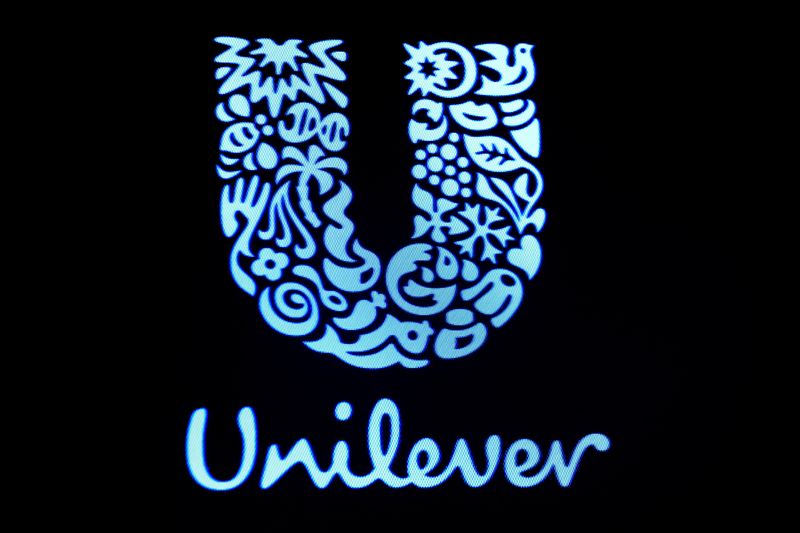This post was originally published on this site
https://i-invdn-com.akamaized.net/trkd-images/LYNXMPEG9B146_L.jpg
LONDON/AMSTERDAM (Reuters) – Shareholders in Unilever Plc (L:ULVR) have approved the company’s plan to end its 90-year-old dual-headed structure in favour of a single London-based entity, the Anglo-Dutch consumer goods company said on Monday.
The proposal passed with the support of more than 99% of shares voted.
The results were released during shareholder meetings streamed online due to the COVID-19 pandemic. Investors in Dutch-listed Unilever NV (AS:UNA) approved the move with 99.4% support last month.
Unilever wants to unify on Nov. 29, ending a hybrid structure that dates back to the merger of British soap maker Lever Brothers and Margarine Unie in the Netherlands.
The maker of Dove soap, Hellmann’s mayonnaise and Ben & Jerry’s ice cream says the dual structure hampers its ability to conduct acquisitions and asset sales quickly, such as the planned sale of its tea business.
Such flexibility is key to Unilever’s ambition to shift its portfolio into higher-growth areas like premium beauty. Unilever has said this will become even more important as a result of the pandemic.
The final steps towards completing the unification include UK High Court hearings on Oct. 23 and Nov. 2, with the Dutch-listed shares ceasing trading after Nov. 27.
The only potential worry for Unilever is an “exit tax” proposed by a Dutch opposition party that could cost the company up to 11 billion euros ($13 billion).
A top Dutch legal body said on Friday the current plan appeared at odds with fundamental principles of law. The opposition party has re-submitted its proposal for consideration with amendments, though no debate has been scheduled on it in parliament.
Unilever has said it does not think the law is viable, but if passed before the unification is finalised, it would be a reason to stop it.
Unilever began its push to restructure under previous management after a failed $143 billion takeover approach by Kraft Heinz (O:KHC) in 2017.
Tax and political considerations thwarted its first attempt to unify in Rotterdam in 2018, with concerns about a 15% Dutch dividend withholding tax and forced selling by some UK shareholders once Unilever was dropped from Britain’s FTSE 100 (FTSE) index. The current plan will see Unilever Plc shares included in the Dutch AEX (AEX).
Britain’s departure from the European Union gives some extra urgency, as a delay beyond this year could mean additional scrutiny from EU and British regulators.


